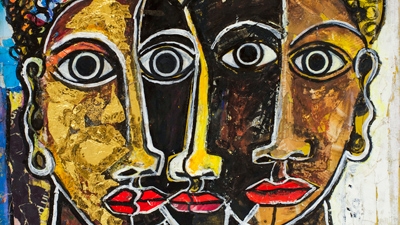Consider this. Most Adivasi women in India say they do not deliver their babies in health centers because “they don’t think it’s necessary.” Health providers can blame this on ignorance but the women may well be making a choice. They simply refuse to go to a health facility where they are treated badly and their customs are disrespected. That is what the qualitative evidence says.
Some people – because of personal or group characteristics, such as social status, ethnicity, disability, or sexual orientation – are mistreated, insulted, and disrespected. These people may either avoid situations that expose them to mistreatment, they may submit to their “fate”, or they may protest against it. All these responses are cries for inclusion.
“For me, being poor means we are nobody. We are not even considered to be human,” a Brazilian woman told researchers in Voices of the Poor. “We go to the hospital, face a huge line, and when the doctor finally does see us, he won't look us in the face.”
Looking at development through a lens of inclusion can help us realize that, for example, the needless deaths of indigenous women during childbirth are a symptom of their lack of access to lands, forests, and voice in their communities.
The new World Bank Group report Inclusion Matters: The Foundation for Shared Prosperity takes a fresh look at social inclusion, from a comprehensive review of theoretical concepts, to recent demographic, social, and economic trends that shape the new need for inclusion, to a worldwide review of programs and policies to promote social inclusion.


.jpg)
